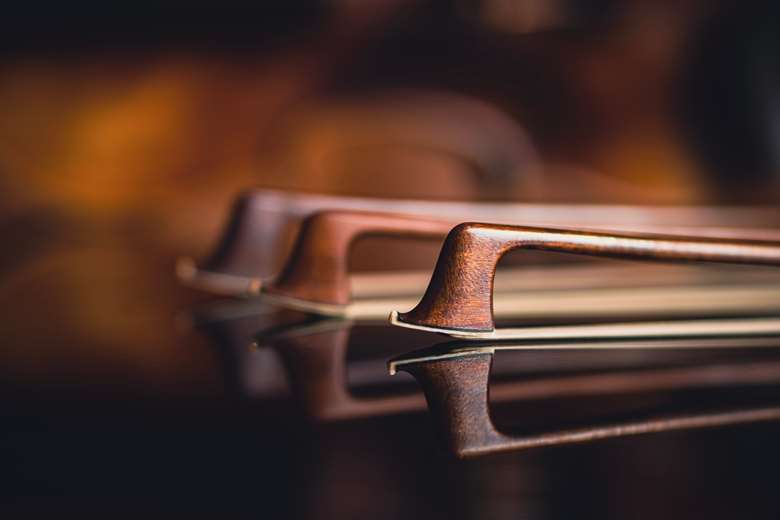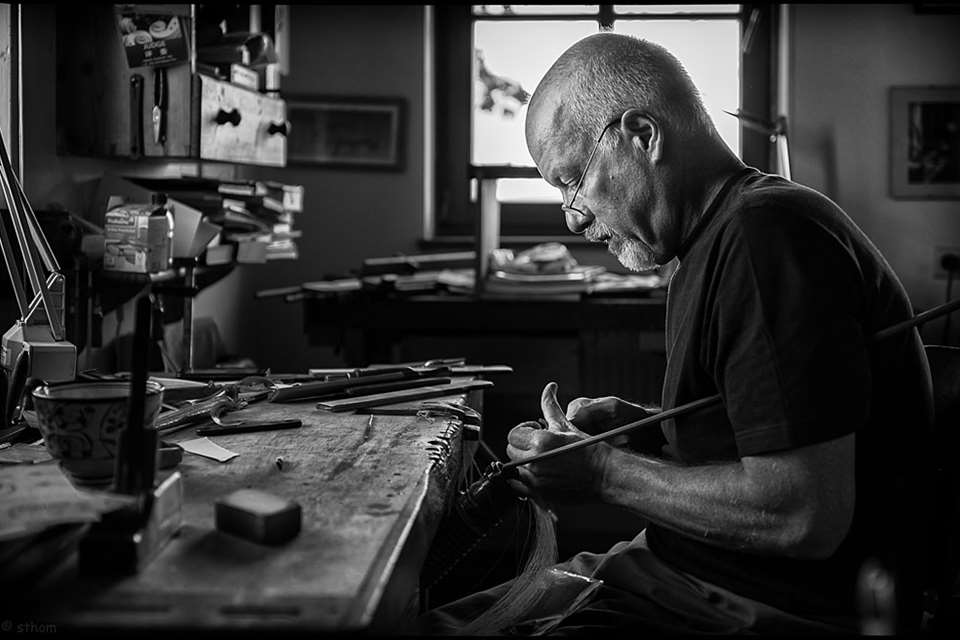ISM, MU and ABO to survey impact of CITES change
Florence Lockheart
Tuesday, August 23, 2022
If approved, the change could require string players to procure a permit to travel internationally with their bows


Register now to continue reading
Don’t miss out on our dedicated coverage of the classical music world. Register today to enjoy the following benefits:
- Unlimited access to news pages
- Free weekly email newsletter
- Free access to two subscriber-only articles per month

